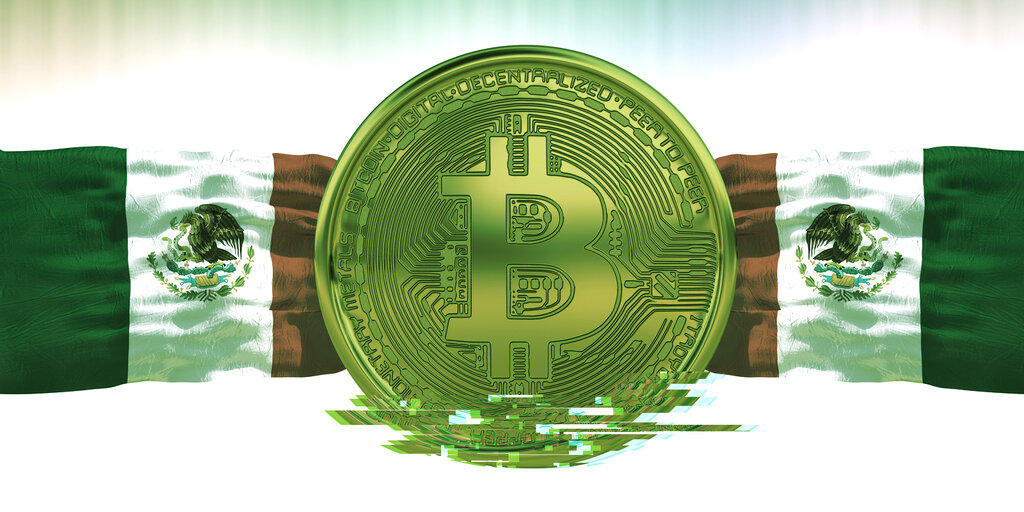Mexico’s Central Bank Governor Says Bitcoin Is Not Money
According to Alejandro Diaz, governor of Mexico’s central bank el Banco de México, Bitcoin is not real money.
“Whoever receives Bitcoin in exchange for a good or service, we believe that transaction is more akin to bartering because that person is exchanging a good for a good, but nor really money for a good,” Diaz reportedly said.
“Bitcoin is more like a dimension of precious metals than daily legal tender,” he added.
Bitcoin: a poor store of value?
Diaz said that Bitcoin is not a reliable store of value either, taking aim at one of the most popular narratives shared by advocates of the flagship cryptocurrency.
“People will not want their purchasing power, their salary to go up or down 10% from one day to another. You don’t want that volatility for purchasing power,” said Diaz. “In that sense, it is not a good safeguard of value.”
In El Salvador—the only country in the world where Bitcoin is legal tender—many citizens would agree with Diaz.
Salvadorans have protested—and protested some more—to prevent the government from adopting the cryptocurrency as legal tender.
Despite the controversy, as well as warnings from international organizations like the World Bank and the IMF, El Salvador’s President Bukele pushed forward, making it the first country in the world to do so.
During the first few hours of El Salvador’s Bitcoin project, the cryptocurrency almost immediately plunged by double-digits, adding credence to Diaz’s warnings.
When Bukele announced the purchase of 200 Bitcoin (and revealed the country had already purchased 400 Bitcoin for its reserves) the cryptocurrency was priced close to $53,000. Soon thereafter, Bitcoin fell by more than 10%, resulting in millions of dollars worth of losses in just a few hours.
Bukele—like most other ardent Bitcoiners—reacted by buying the dip. A move that would likely not gain approval if someone asked Mexico’s central bank.
10 September 2021 10:56
